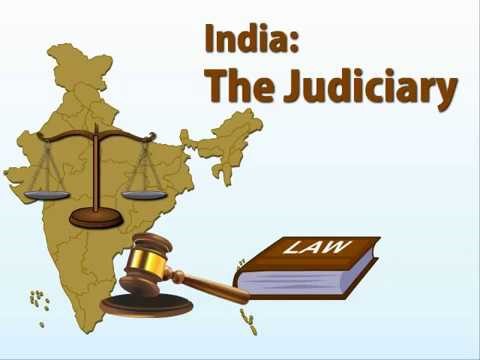Debate Rekindled Over Judiciary’s Expanding Constitutional Role
Why in News ?
Recent Supreme Court judgments, especially involving Article 142 and federal disputes, have sparked criticism of judicial overreach. Concerns over separation of powers and democratic accountability have been raised, prompting a wider debate on the judiciary’s constitutional limits and responsibilities.
Judicial Review: Essence, Scope and Criticism
- Though not explicitly stated, judicial review is inferred from Article 13 and is part of the Constitution’s basic structure.
- It empowers courts to nullify unconstitutional laws, ensuring rule of law.
- Judicial activism and review are seen as distinct but interconnected.
- Critics claim overuse undermines democracy as unelected judges strike down laws passed by elected bodies.
- However, such instances are rare and often aim to protect fundamental rights.
Democracy, Federalism and Judicial Accountability
- Judiciary often supports government actions but must oppose misgovernance when necessary.
- Courts upheld demonetisation, NRC, and refused CBI probe in sensitive cases—indicating cautious activism.
- Fair criticism is welcome, but attributing motives to judges undermines their constitutional role.
- All government organs must act within constitutional limits and uphold the spirit of democracy.
Article 142 and Judicial Power:● Article 142 allows the Supreme Court to deliver “complete justice”. |




